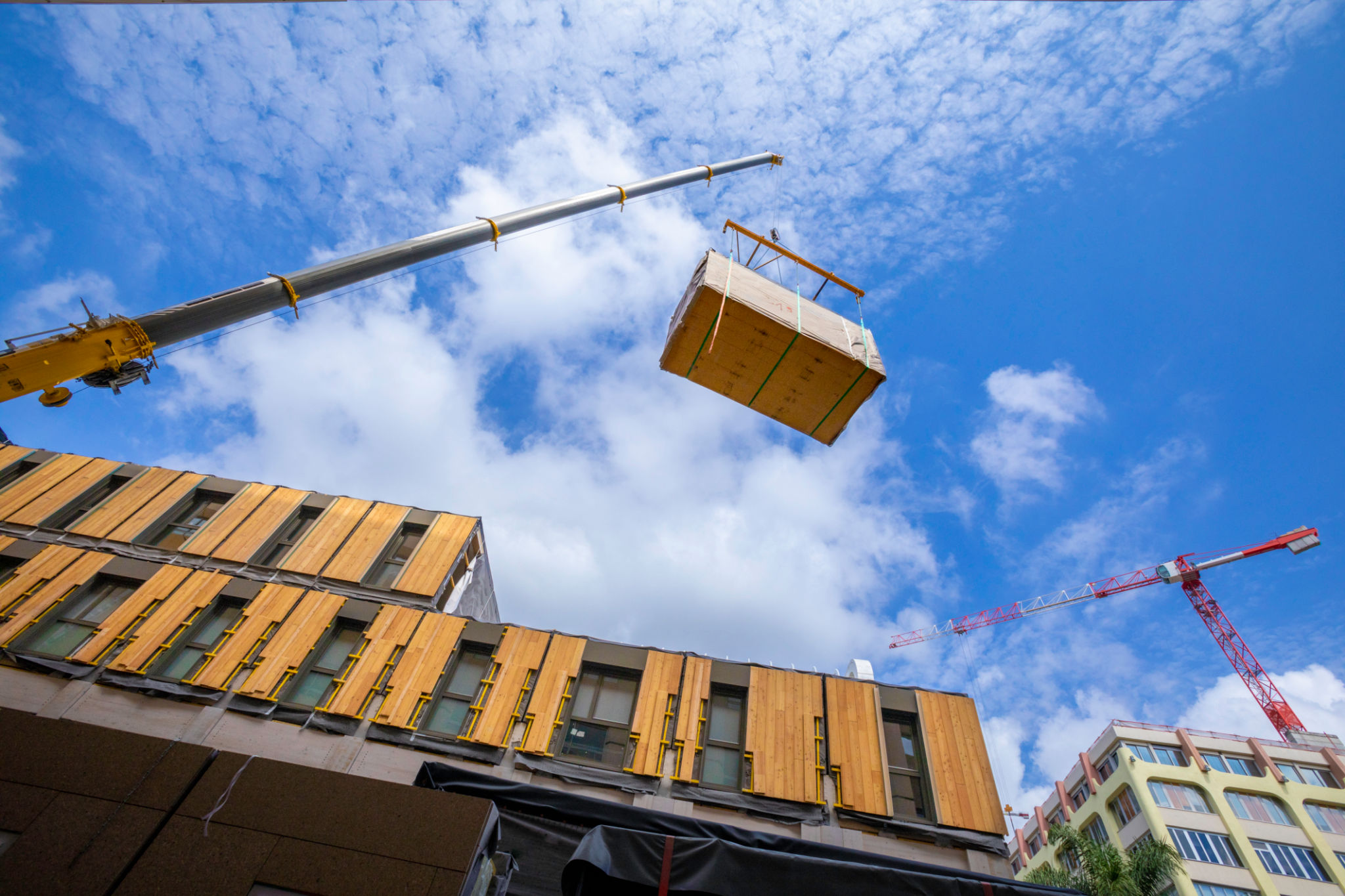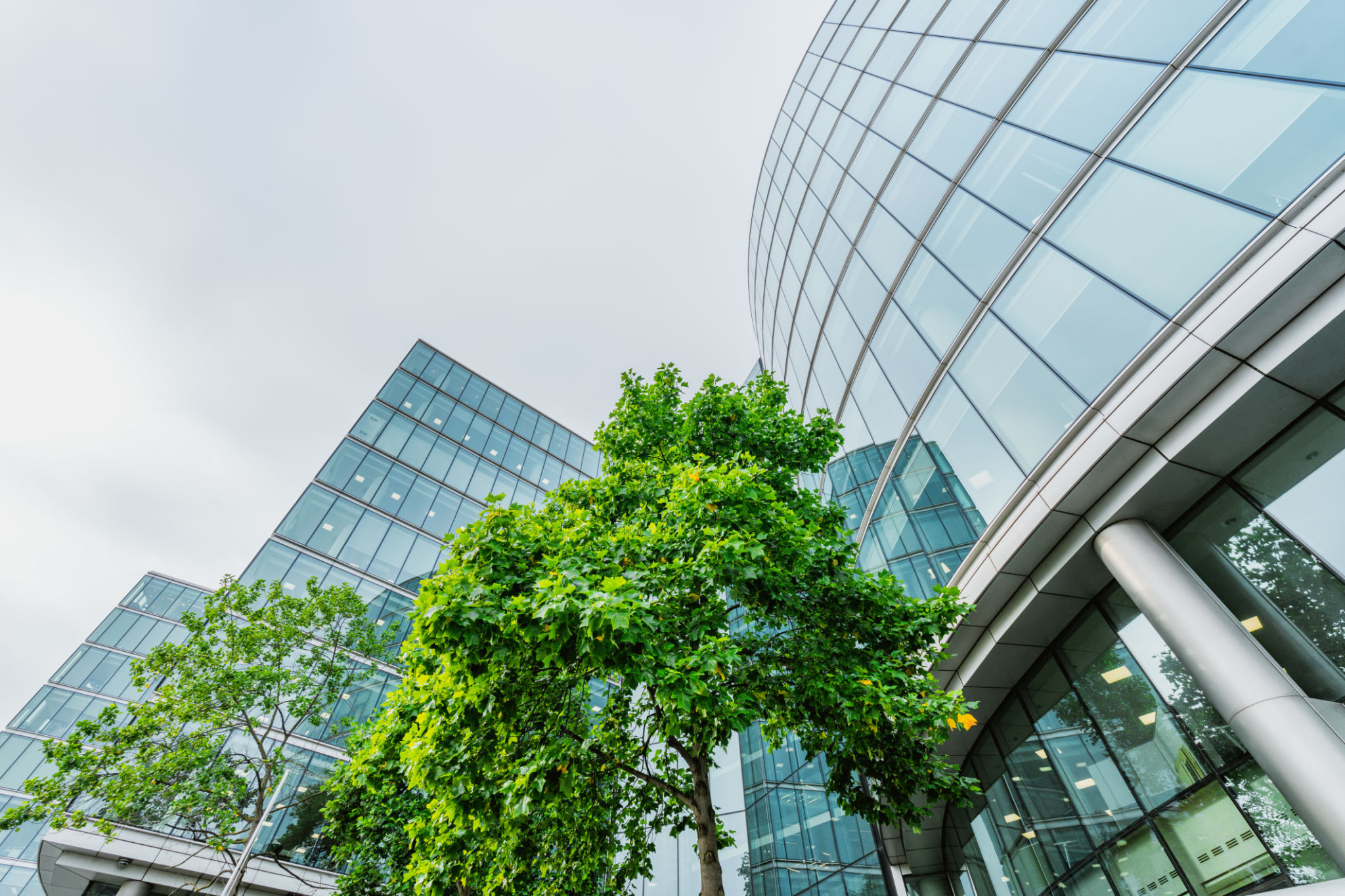Exploring the Latest Construction Trends in the UK
Embracing Sustainable Construction Practices
The construction industry in the UK is witnessing a significant shift towards sustainability as businesses and consumers alike demand eco-friendly solutions. One of the major trends is the use of recycled materials in building projects, which not only reduces waste but also minimizes the environmental impact. Additionally, there is a growing emphasis on energy-efficient designs that incorporate natural lighting and ventilation to reduce reliance on artificial resources.

Innovations in Building Technology
Technological advancements are revolutionizing the construction sector, leading to more efficient and safer building processes. The integration of Building Information Modeling (BIM) is becoming standard practice, allowing for effective collaboration and detailed visualization of projects. Furthermore, the use of drones and 3D printing is streamlining operations by providing precise measurements and creating components directly on-site.
Modular and Prefabricated Construction
Modular and prefabricated construction methods are gaining traction due to their cost-effectiveness and speed. These methods involve producing building components off-site and assembling them on location, significantly reducing construction time. Additionally, they offer increased flexibility, allowing for easy modifications and expansions to meet changing needs.

Urbanization and Vertical Living
As urban areas in the UK continue to expand, there is a notable trend towards vertical living solutions. High-rise residential buildings are becoming more prevalent, catering to the demand for housing in densely populated cities. This trend not only optimizes land use but also encourages the creation of integrated communities with shared amenities.
Smart Buildings and IoT Integration
The rise of smart buildings equipped with Internet of Things (IoT) technology is transforming the way structures are managed and operated. These buildings utilize sensors and automation to monitor energy usage, enhance security, and improve overall efficiency. IoT integration ensures that buildings are not only intelligent but also adaptable to future technological advances.

Focus on Health and Well-being
There is an increasing awareness of the importance of health and well-being in construction design. Projects are now prioritizing features that enhance indoor air quality, natural light access, and noise reduction. Incorporating green spaces within developments is also becoming essential, providing residents with areas to relax and connect with nature.
Adapting to Climate Change
The UK construction industry is adapting to the challenges posed by climate change by implementing resilient building designs. This involves using materials that withstand extreme weather conditions and ensuring that infrastructure can cope with rising sea levels and increased rainfall. Flood defenses, green roofs, and permeable pavements are becoming common features in new developments.

Conclusion: A Future-Forward Industry
The construction landscape in the UK is evolving rapidly, driven by technological advancements, sustainability goals, and urbanization needs. By embracing these trends, the industry is paving the way for a more efficient, environmentally friendly, and resilient future. Stakeholders must continue to innovate and adapt to remain at the forefront of this dynamic sector.
